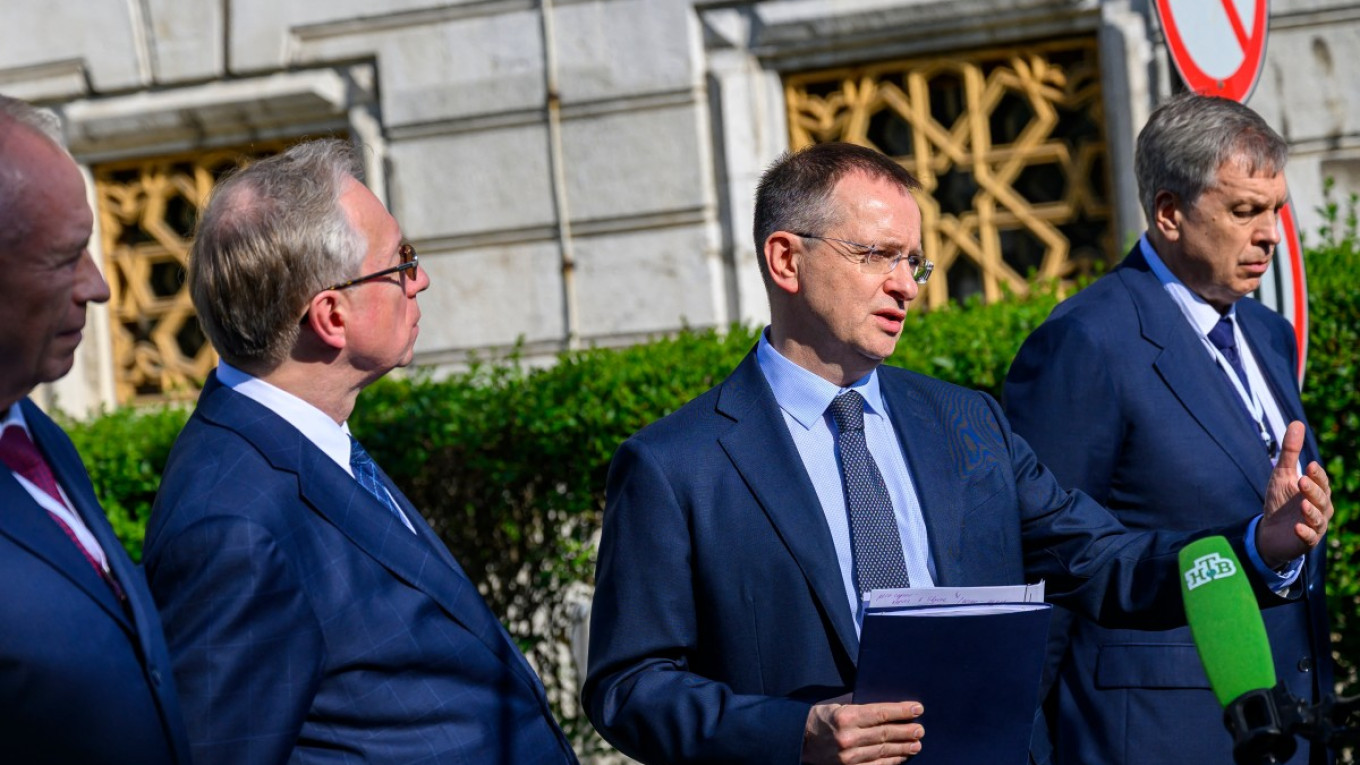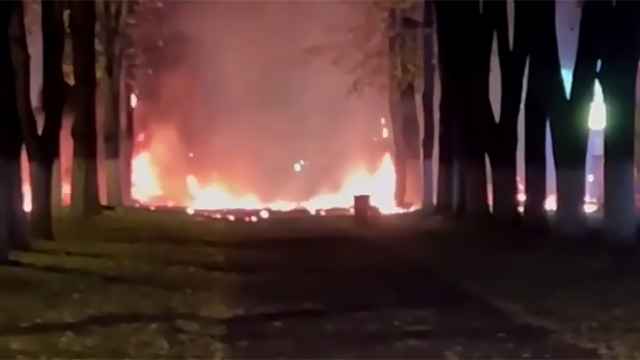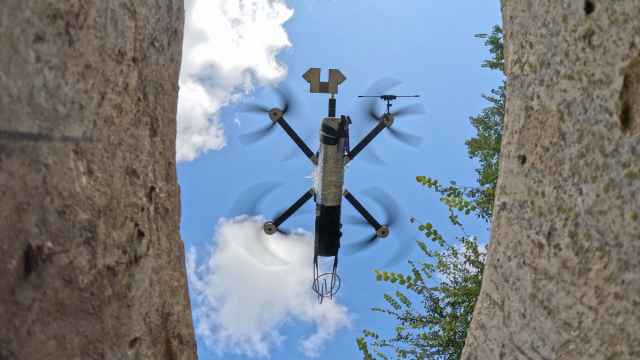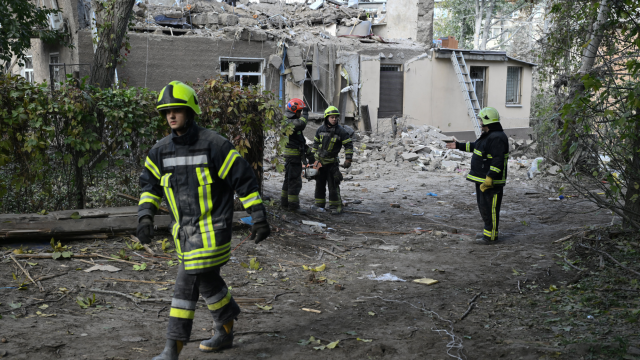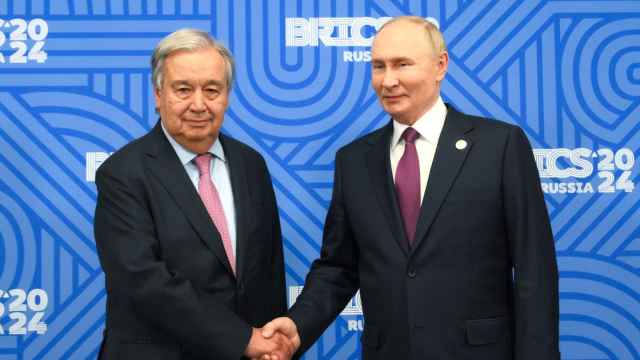Russian negotiators presented their Ukrainian counterparts with a memorandum outlining two potential frameworks for ending Moscow’s full-scale invasion at talks in Istanbul on Monday.
The proposals, published by state news agencies, mark Moscow’s latest effort to assert its maximalist demands for ending the more-than-three-year war.
The first framework requires Kyiv to completely withdraw from the Donetsk, Luhansk, Zaporizhzhia and Kherson regions, which Russia partially occupies but claims as its own territory. A 30-day ceasefire would enter into force once this troop withdrawal begins, the memorandum says. Ukraine would also be required to relocate its military to an agreed distance from the Russian border.
The second option, called the "package proposal," stops short of explicitly demanding the immediate surrender of the four partially occupied regions but sets out a sweeping list of requirements.
These include an immediate ban on Ukrainian mobilization efforts and the start of demobilization; an end to all foreign military aid, intelligence-sharing and satellite support to Kyiv; and a guarantee that no sabotage operations would be carried out inside Russian territory.
The second proposal calls for a bilateral amnesty that would release detained civilians on both sides, as well as for Ukraine to hold presidential and parliamentary elections within 100 days of lifting martial law.
It also stipulates that foreign military personnel must leave Ukraine and restricts the movement of Ukrainian forces, except for their withdrawal from border areas.
According to an Interfax source familiar with the talks, the two delegations met following a 2.5-hour in-person meeting between Ukrainian Defense Minister Rustem Umerov and Kremlin aide Vladimir Medinsky. The source described this meeting as an important step in setting the tone for the broader negotiations.
Moscow’s memorandum outlines a number of long-standing Kremlin demands, several of which are likely to be non-starters for Kyiv and its Western allies. These include:
-
International recognition of Russian sovereignty over the occupied Ukrainian regions, including Crimea;
-
A formal commitment by Ukraine not to join any military alliances or coalitions;
-
Official status for the Russian language in Ukraine;
-
Lifting of all existing sanctions between the two countries and a pledge not to impose new ones;
-
Restoration of Russian natural gas transit through Ukraine and the resumption of full economic, diplomatic and transport ties;
-
Mutual renunciation of claims for war-related damages;
-
Restrictions on the size and structure of Ukraine’s military;
-
A ban on the “glorification or promotion of Nazism and neo-Nazism” and the dissolution of nationalist parties;
-
Confirmation of Ukraine’s non-nuclear status;
-
Removal of legal restrictions on the Ukrainian Orthodox Church affiliated with the Moscow Patriarchate.
Ukrainian officials have not yet publicly commented on the memorandum.
A Message from The Moscow Times:
Dear readers,
We are facing unprecedented challenges. Russia's Prosecutor General's Office has designated The Moscow Times as an "undesirable" organization, criminalizing our work and putting our staff at risk of prosecution. This follows our earlier unjust labeling as a "foreign agent."
These actions are direct attempts to silence independent journalism in Russia. The authorities claim our work "discredits the decisions of the Russian leadership." We see things differently: we strive to provide accurate, unbiased reporting on Russia.
We, the journalists of The Moscow Times, refuse to be silenced. But to continue our work, we need your help.
Your support, no matter how small, makes a world of difference. If you can, please support us monthly starting from just $2. It's quick to set up, and every contribution makes a significant impact.
By supporting The Moscow Times, you're defending open, independent journalism in the face of repression. Thank you for standing with us.
Remind me later.


